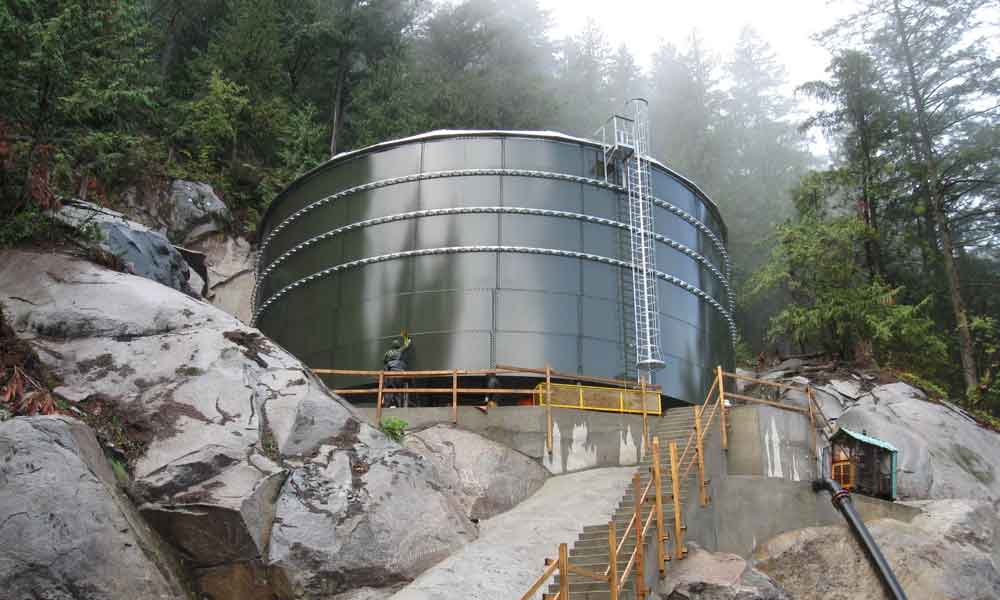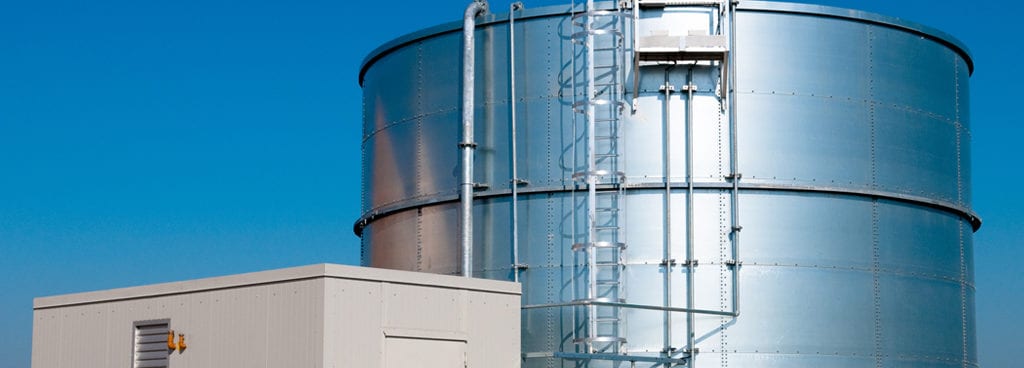If your company or business has an above ground fuel tank or is considering installing one here are some requirements you ll need to consider.
Above ground water storage tank grounding requirements.
Tank system consisting of a primary tank protected from physical damage and from high intensity liquid pool fire exposure.
The system must be listed labeled and meet requirements of ufc standard 79 7 requirements for protected aboveground tanks two hour fire exposure.
Epa s spill prevention control and countermeasure spcc regulation 40 cfr part 112.
Facilities with aboveground storage tanks asts holding oils of any kind may be subject to u s.
09 11 2009 grounding standards 4 background cont d concerns with above ground storage tanks open top tanks with floating roofs have the largest risk with fires from lightning strikes sparks can be generated from gaps between seal shunts and shell no other path for electrical energy cone roof tanks are generally the safest.
7 3 7 1 a ground ring electrode or ground loop conductor supplemented by grounding electrodes as identified in 4 13 2 through 4 13 7 shall be provided for structures containing flammable vapors flammable gases or liquids that can give off flammable vapors.
Above ground fuel tanks can also present significant loss exposures in the form of fires explosion pollution and theft.
Overview of aboveground storage tank regulation there is no uniform federal program that regulates aboveground storage tanks asts.
The spcc regulation does not specifically use the term ast but rather includes asts under the term bulk storage container.
7 3 7 2 a metal tank shall be grounded by one of the following methods.
Because most asts house material that is flammable or toxic the federal government has enacted strict aboveground storage tank regulations to reduce or eliminate personnel injury or environmental contamination due to explosion or spilling.
Double walled tanks are preferable to single wall tanks.
Aboveground storage tanks asts are used to house a variety of liquids from waste water to petrochemicals.
4 3 2 6 1 vertical tanks shall be located so that the tops of the tanks extend above the maximum flood stage by at least 30 percent of their allowable storage capacity.
When it comes to storing combustible and inflammable liquids safely aboveground storage tanks are indispensable.
4 3 2 6 requirements for aboveground tanks located in areas subject to flooding.
4 3 2 6 2 horizontal tanks that are located where more than 70 percent of the tank s.
All of these ensure the safe functioning of the storage tanks.
They are designed to meet specific industrial storage needs and demands with efficacy.
Industrial storage tanks should be made keeping in mind safety requirement such as grounding bonding and earthing.










